10 Travel Tips When Going on an African Safari
An African safari is a thrilling and unforgettable experience, but to make the most of your trip, careful planning and preparation are essential. From packing smart to understanding local customs, these detailed tips will help you have a safe, enjoyable, and enriching adventure.
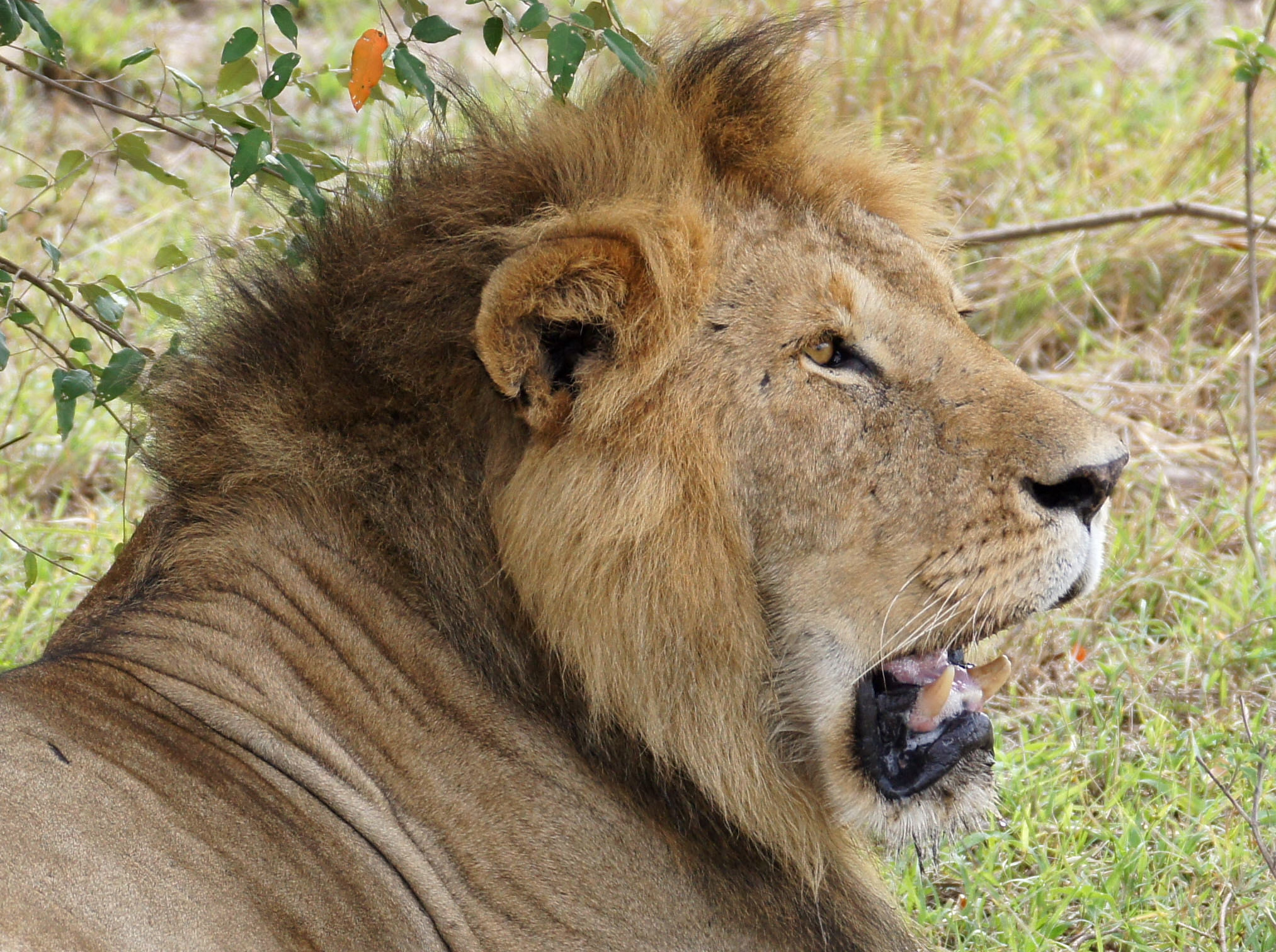
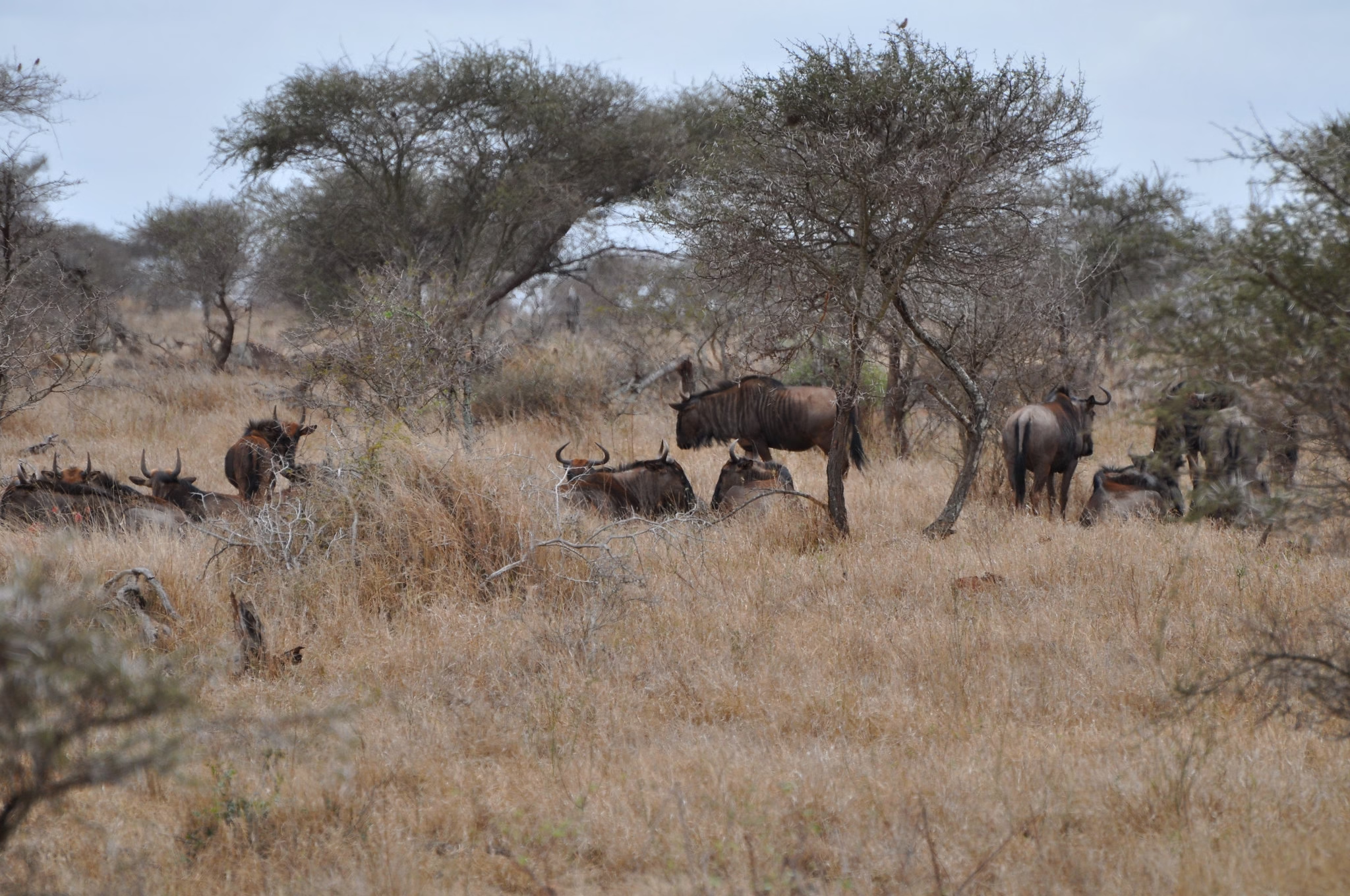
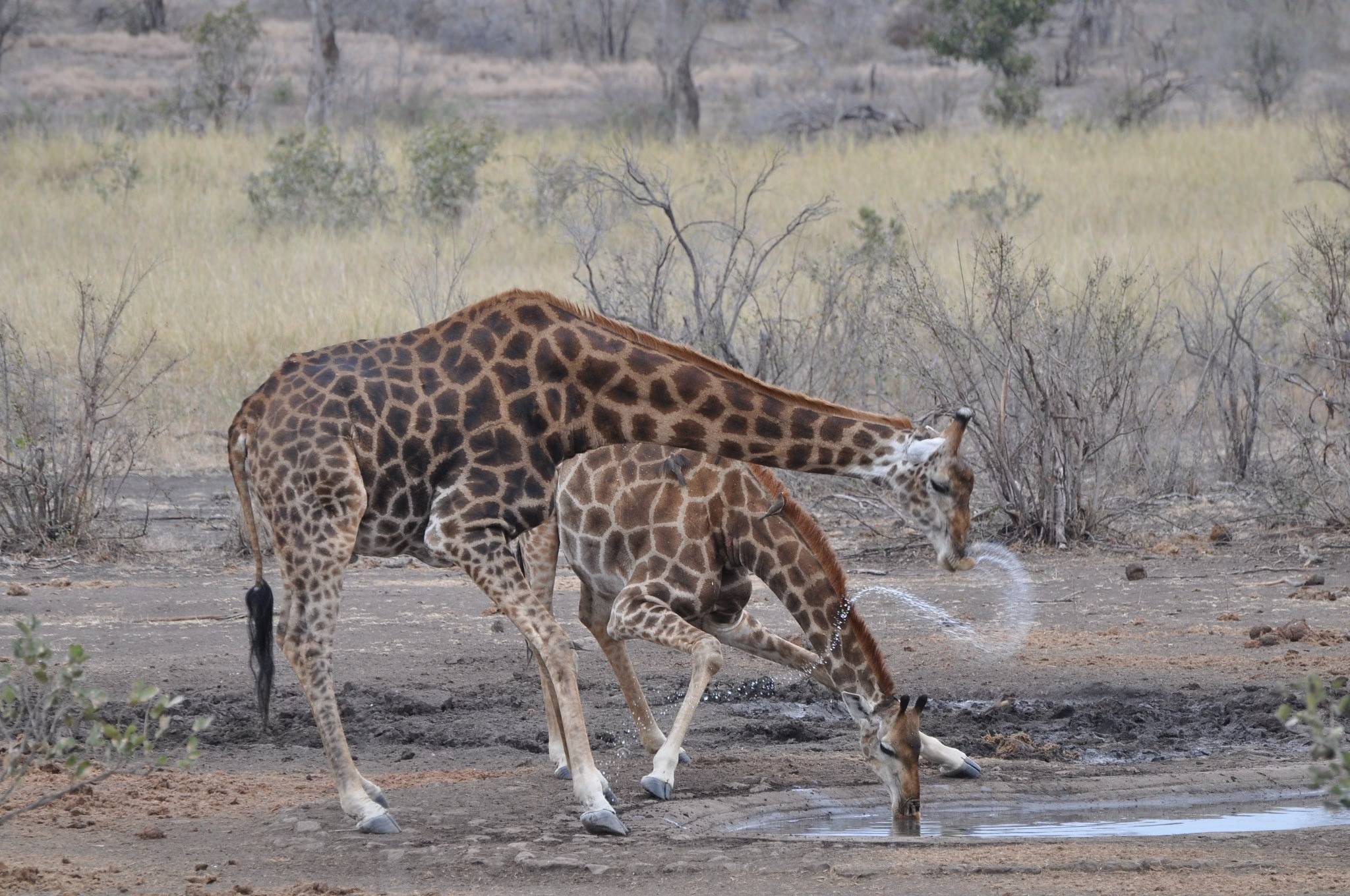
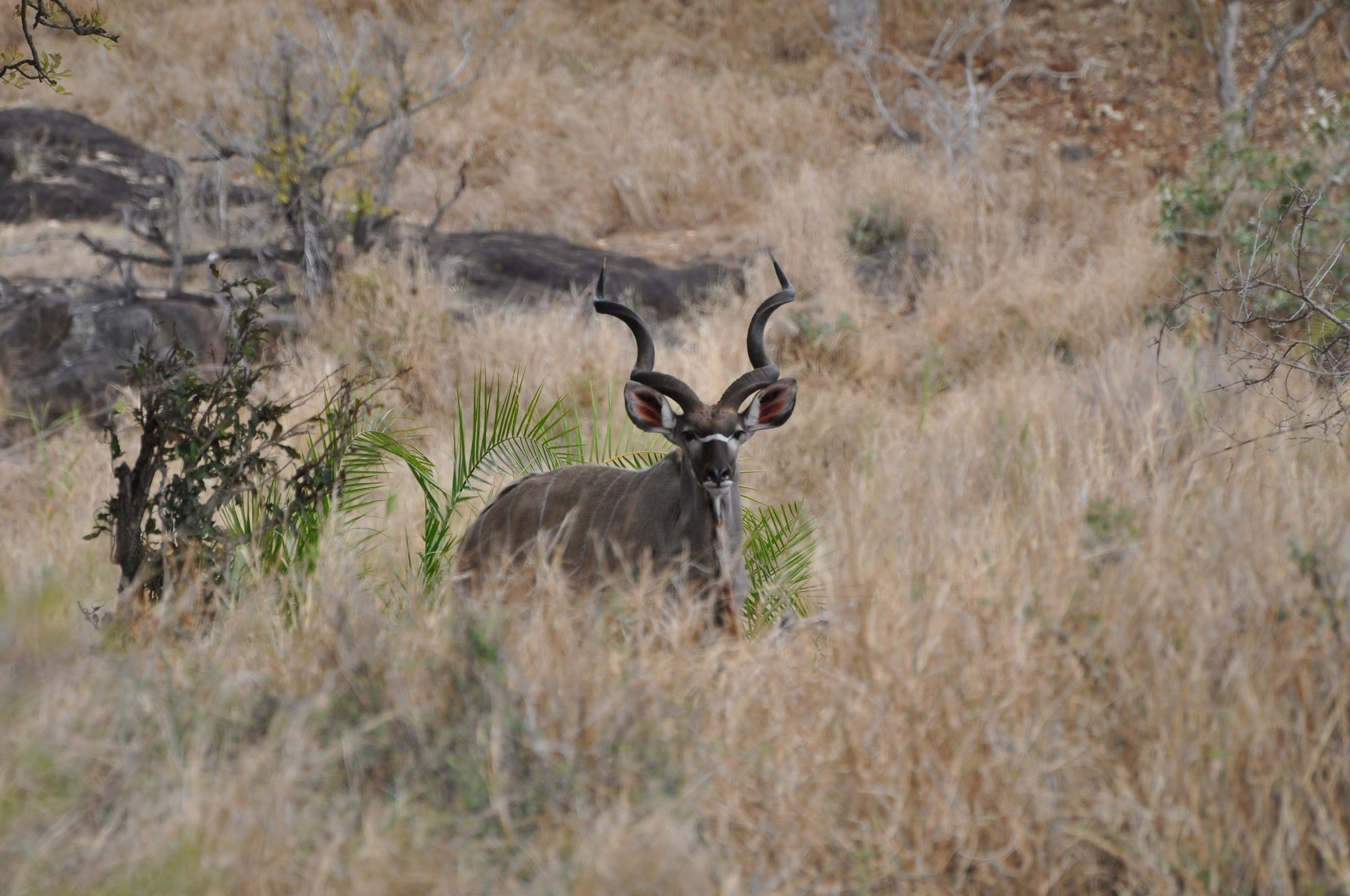
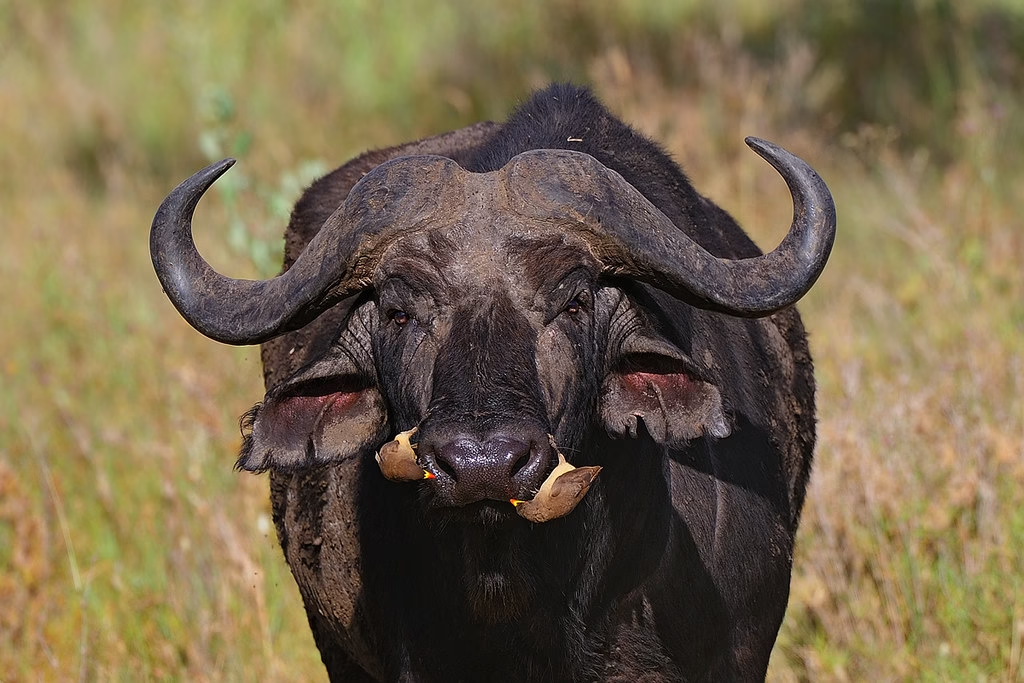

1. Choose the Right Safari Destination
Africa offers a diverse range of safari experiences, and your choice of destination will significantly impact your trip.
- Kenya and Tanzania are renowned for the Great Migration and iconic Savannah landscapes.
- Botswana is famous for its water-based safaris in the Okavango Delta, while South Africa provides excellent Big Five sightings in Kruger National Park.
- For gorilla trekking, Uganda and Rwanda are unmatched.
Consider your interests—whether it’s seeing large predators, rare bird species, or engaging in unique activities like mokoro canoe rides—and research the best locations that match your preferences.
2. Time Your Trip Wisely
Timing is crucial for a successful safari, as the seasons affect wildlife behavior and accessibility. The dry season (June to October) is the most popular time, as animals gather around waterholes, making them easier to spot. However, the green season (November to May) also offers advantages, such as lush landscapes, fewer tourists, and lower costs. Calving season in the Serengeti, from January to February, is perfect for witnessing newborn wildlife and predator activity. Research the best season for your chosen destination to align your visit with the experiences you want.
3. Pack Smart for the Safari Environment
Packing for a safari requires attention to detail, as space may be limited, especially if you’re traveling on small charter planes. Neutral-colored clothing, such as khaki and olive, is essential to blend into the environment and avoid attracting insects. Comfortable walking shoes, a wide-brimmed hat, and layered clothing will keep you prepared for fluctuating temperatures. Don’t forget a high-quality camera, binoculars, sunscreen, insect repellent, and a reusable water bottle. Avoid overpacking, as many lodges offer laundry services.
4. Prioritize Health and Safety
Staying healthy on safari is vital. Consult a travel doctor before your trip to ensure you’re up to date on required vaccinations and medications, including malaria prophylaxis. Drink only bottled or filtered water, and carry a small first aid kit with essentials like pain relievers, bandages, and motion sickness pills. Protect yourself from insect bites with repellents containing DEET and wear long sleeves in the evening. Being proactive about your health will allow you to enjoy the adventure without interruptions.
5. Understand Safari Etiquette and Safety Guidelines
Your safety and the welfare of the animals are paramount during a safari. Always listen to your guide’s instructions and follow park rules. Staying inside the safari vehicle is critical unless explicitly told it’s safe to exit. Avoid making loud noises or sudden movements that might disturb the animals. Respect the wildlife by maintaining a safe distance and never feeding them. These guidelines ensure not only your safety but also the preservation of the natural environment.
6. Prepare for Early Mornings and Long Days
Game drives often start before sunrise, as animals are more active during the cooler hours. Being prepared for early wake-up calls is essential. Layered clothing will help you stay warm during chilly mornings, while a thermos of coffee or tea can make the experience more enjoyable. Safari days can be long and tiring, so pacing yourself and taking breaks at the lodge is important to avoid burnout.
7. Learn About the Local Wildlife and Ecosystem
Enhance your safari experience by familiarizing yourself with the animals, birds, and ecosystems of the region you’re visiting. Knowing about the Big Five—lion, leopard, rhinoceros, elephant, and buffalo—as well as less famous but equally fascinating species will deepen your appreciation of the trip. Many lodges and guides provide field guides or apps to help you identify the wildlife you encounter.
8. Respect Local Cultures and Communities
Many safari destinations are in close proximity to local communities with rich cultural traditions. Take the time to learn a few words or phrases in the local language, and dress modestly when visiting villages. Engage respectfully and support local artisans by purchasing handmade crafts. This cultural exchange adds depth to your trip and supports the communities that coexist with wildlife.
9. Be Flexible and Patient
Wildlife sightings are unpredictable, and patience is key to a fulfilling safari experience. Not every game drive guarantees a lion or leopard sighting, but you’ll be rewarded with small yet magical moments—like watching a herd of elephants interact or spotting a rare bird in flight. Embrace the unpredictable and remain open to the surprises that nature offers.
10. Capture the Moment, but Be Present
While it’s tempting to photograph everything, remember to put the camera down and fully immerse yourself in the experience. The thrill of hearing a lion’s roar or watching a cheetah sprint across the plains is best enjoyed in the moment. Some of the most meaningful safari memories come from simply being present and appreciating the natural world.
Plan your amazing safari.
A successful African safari requires thoughtful preparation, respect for nature, and an open mind. By choosing the right destination, timing your trip wisely, and following these tips, you will be well-equipped for a safe and unforgettable adventure. Whether you are marveling at the Great Migration, trekking with gorillas, or enjoying a peaceful sunset over the savannah, your safari will be a journey to remember for a lifetime.

